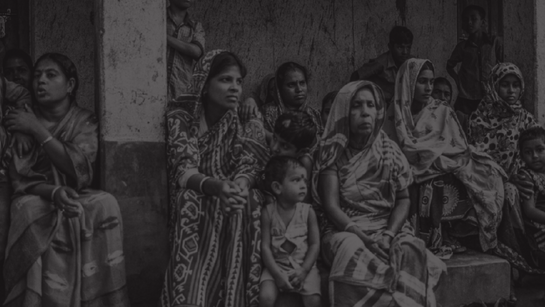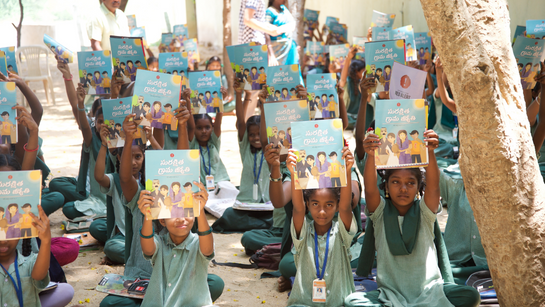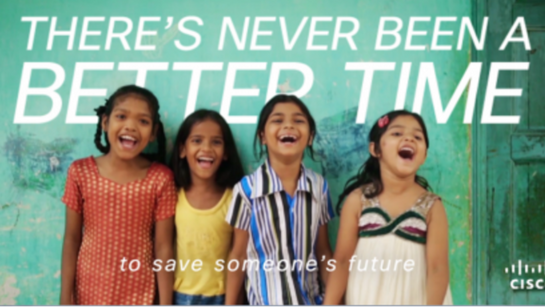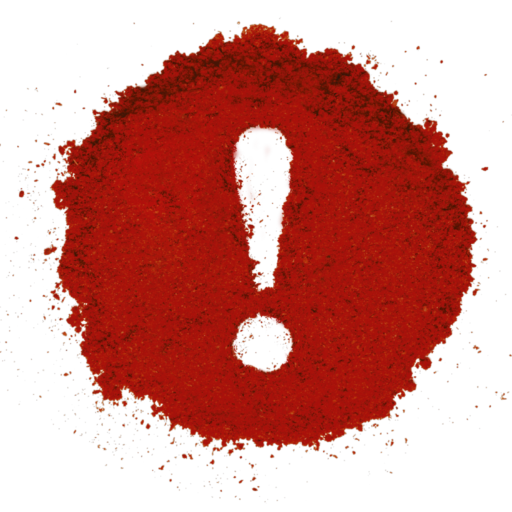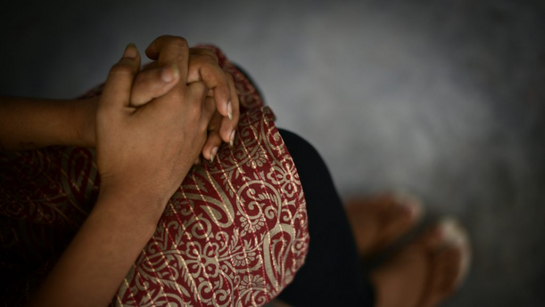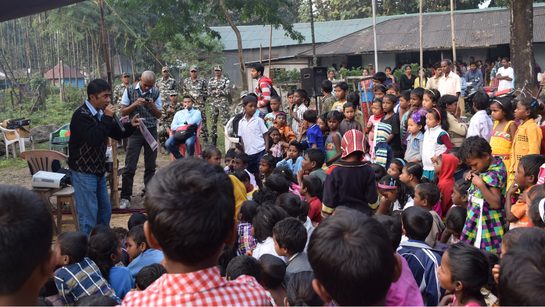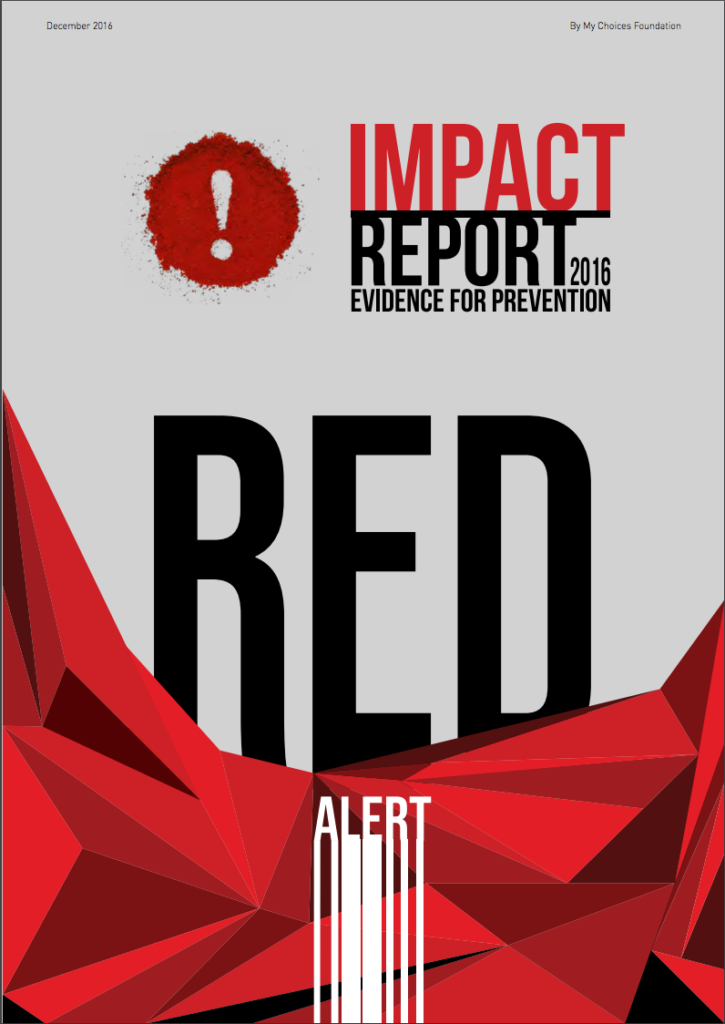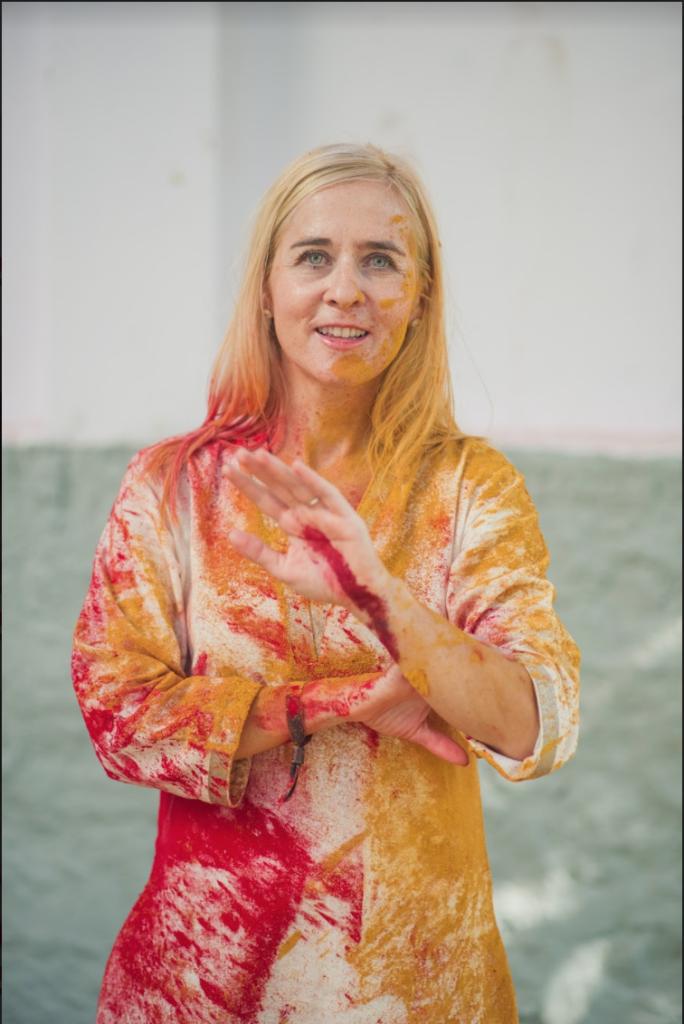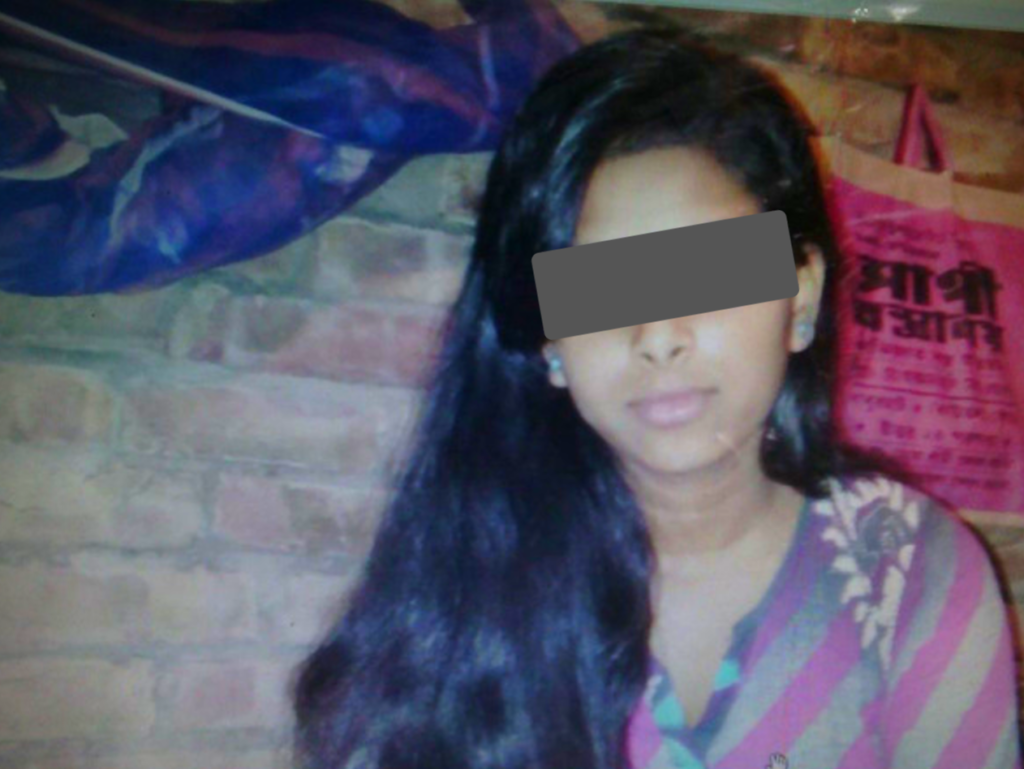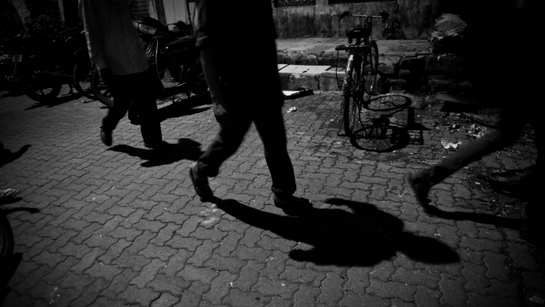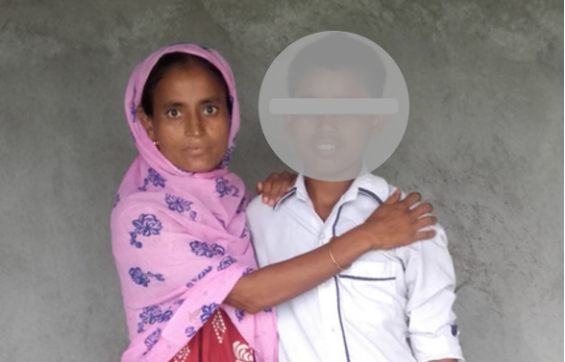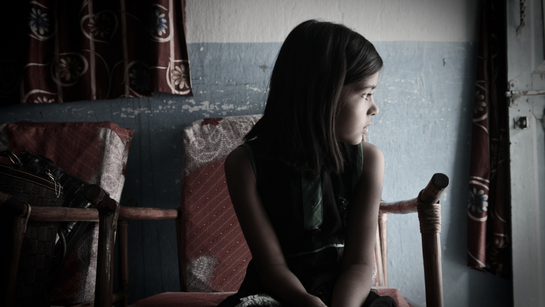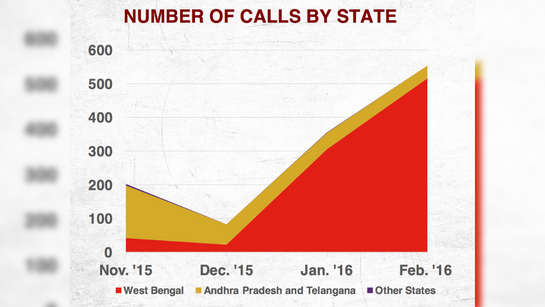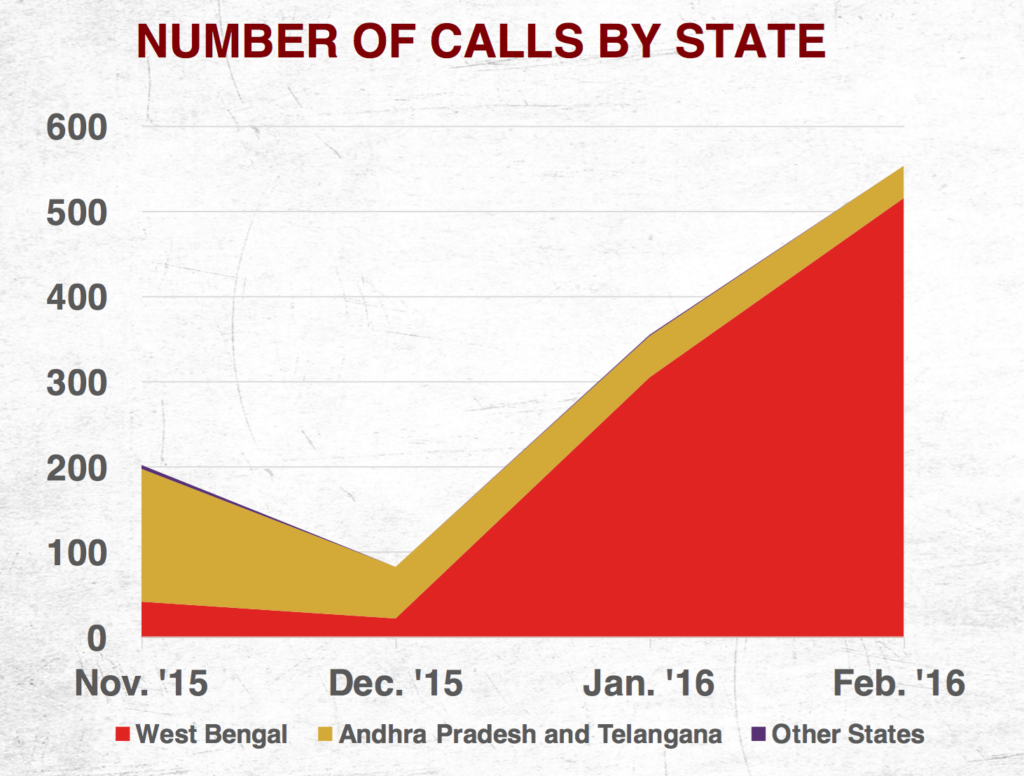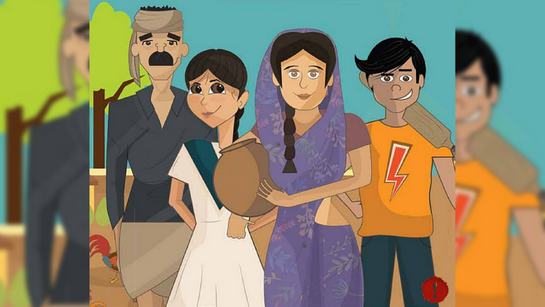- CATEGORY: OPERATION RED ALERT
Why Prevention Matters
Staying on top of trends and remaining agile in our approach to end trafficking is essential if we are to combat the traffickers and put an end to their work. We must do more than keep up with their ever-evolving tactics. Operation Red Alert works with over 80 partners across India, with whom we are […]
Staying on top of trends and remaining agile in our approach to end trafficking is essential if we are to combat the traffickers and put an end to their work. We must do more than keep up with their ever-evolving tactics. Operation Red Alert works with over 80 partners across India, with whom we are always learning. In the past year, a report was published by International Justice Mission (IJM). The significant finding of their report was that the number of minors being exploited in red light areas has drastically dropped. What is more important than this exceptional drop, however, is the reason why.
While it is more difficult than ever to find a minor girl in one of India’s red light district brothels, it does not mean that there are fewer of them being exploited. Human trafficking is such a lucrative business that the traffickers are able to earn more and more profit taking less and less risk. Across India, commercial sex exploitation is slowly moving underground, into the private domain. Brothels are being abandoned and traffickers are moving their slaves to upscale lodges, homes in quiet residential areas, communities with high elderly population, and other areas known for safety. It used to be fairly common to spot a young girl working in a red light area. Their presence in specific areas made it much easier to investigate and organise raids to rescue them. Now, it is nearly impossible to locate these girls.
While rescue operations and the process for sustained freedom that follows will always be a critical part of providing justice to survivors, it is not an effective deterrent to the traffickers. We have to invest our efforts where children are vulnerable. We know that the battlefield for freedom is in the rural villages, urban slums, and urban adolescent hotspots where minor aged children are being trafficked in the open simply because their communities do not know how to protect them. Operation Red Alert is on a mission to create Safe Villages and Communities by putting them on Red Alert. Will you join us?





